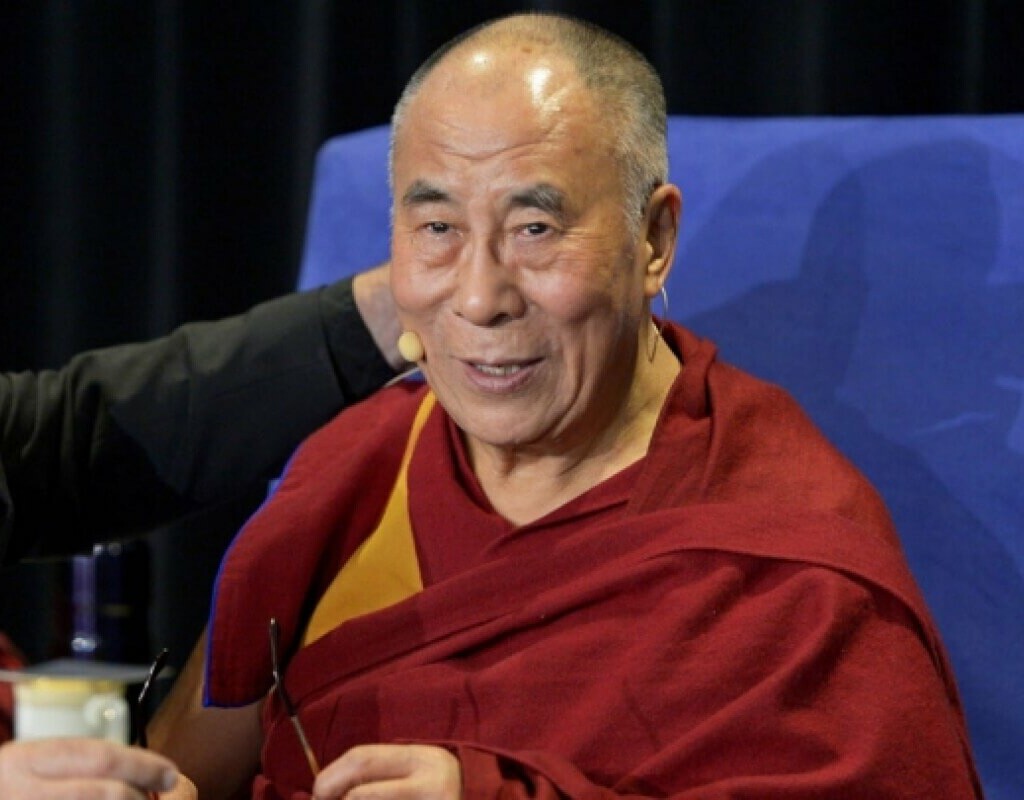On a recent journey to Australia, the Dalai Lama, Tenzin Gyatso, introduced a potentially groundbreaking notion: his successor could be a woman. The esteemed Tibetan spiritual leader posits that women innately harbor a distinctive sensitivity to others’ well-being, a crucial quality for leadership.
Southern Sky Enlightenment: Dalai Lama’s Acceptance of a Potential Female Successor
At the onset of his ten-day tour of Australia, Tenzin Gyatso, the Dalai Lama, broached a topic of universal interest: the prospective appointment of a woman to succeed him.
The Tibetan spiritual leader, in exile since 1959 following an unsuccessful revolt in Tibet, posited that women embody the essential qualities for leadership roles. Among these, he underscored their heightened sensitivity to the welfare of others.
“Should circumstances arise wherein a female Dalai Lama proves more beneficial, then, almost serendipitously, a female Dalai Lama will appear,” the Dalai Lama proclaimed during a Sydney press conference.
Deepening his reflections, the spiritual leader stated that the modern world is grappling with a moral crisis marked by inequality and suffering. Such a scenario accentuates the need for leaders capable of integrating compassion into their roles.
Dalai Lama: Women’s Leadership and Compassion are Vital to Buddhism’s Future
Tenzin Gyatso, the 1989 Nobel Peace Prize laureate, emphasized the crucial role of women in leadership. He pointed out that women have heightened potential due to their superior sensitivity to others’ welfare.
This potential, according to the Dalai Lama, stems from women’s inherent affinity for empathy and compassion.
The Tibetan spiritual leader further offered insights into his personal life, citing his familial experiences as the bedrock of his understanding of compassion and feminine strength. He nostalgically reflected on his mother as an epitome of compassion, contrasting her with his father, who he noted had a rather irritable temperament.
During his visit to Australia, where he is scheduled to deliver lectures in Melbourne, Adelaide, and Darwin, the Dalai Lama’s remarks reverberated with significant resonance. This was particularly evident in the wake of accusations by Australian Prime Minister Julia Gillard against the conservative opposition for misogynistic behavior and the promotion of policies that marginalize women.
These inaugural statements may signal a potential paradigm shift in the traditions of Tibetan Buddhism, paving the way for broader discussions on gender equality in spheres of power and spiritual leadership. Only time will reveal whether the Dalai Lama’s prophetic words will find manifestation in reality.





